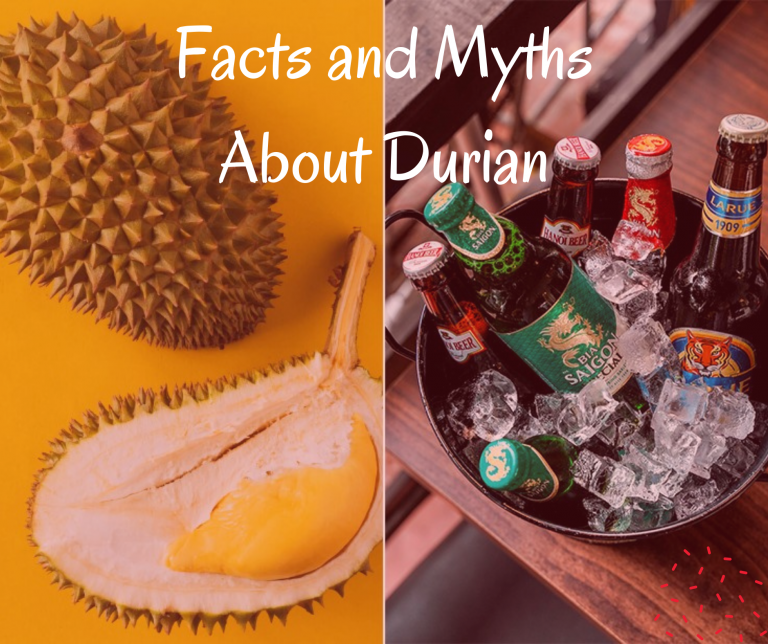Call Us +603-8066 8665
Gingko: What are the benefits and side effects?

Gingko Biloba or also known as the maidenhair tree is a the only surviving member of ancient plant which make it sometimes referred as a fossil plant. It is also not a new thing in the treatment world. It is a tree native to China that has been grown for thousands of years for a variety of uses, where the seeds and leaves are used to make traditional medicines. In this modern arena, researchers are more focused on getting the benefits from the extract of this gingko.
In this article, we will share with you, the benefits and also side effects of ginkgo. According to research, some studies support the effectiveness of ginkgo. Others, research is mixed or inconclusive. Results of the Ginkgo Evaluation of Memory (GEM) study were released in 2008. The purpose of this study is to find out if gingko could reduce the occurrence of all types of dementia, including Alzheimer’s disease. Other conditions it’s sometimes related to treatment for depression, schizophrenia, blood pressure problem, erectile dysfunction, asthma and PMS.
ALZHEIMERS & SCHIZOPHRENIA
Still, a 2014 study showed ginkgo supplementation may benefit people who already have Alzheimer’s and take cholinesterase inhibitors, common medications used to treat the condition. Even though some studies have shown a slight improvement in cognitive function for people taking Gingko Biloba, still most experts feel that Ginkgo biloba hasn’t lived up to its early promise. Other than that, ginkgo can be considered an aid therapy for schizophrenia. Researchers found ginkgo seemed “to exert a beneficial effect on positive psychotic symptoms” in people with chronic schizophrenia who take antipsychotic medication.
Gingko helps decrease HEART ATTACK & STROKE
The GEM study also found ginkgo didn’t reduce high blood pressure. There is also no evidence ginkgo decreases the risk of heart attack or stroke. It may, however, reduce the risk of peripheral artery disease caused by poor blood circulation. Besides, in traditional Chinese medicine, ginkgo seeds were used to open “channels” of energy to different organ systems, including the kidneys, liver, brain, and lungs.
One study in people with heart disease who supplemented with ginkgo showed an immediate increase in blood flow to multiple parts of the body. This was attributed to a 12% increase in levels of circulating nitric oxide which is a compound responsible for dilating blood vessels
Gingko helps decreases ERECTILE DYSFUNCTION
According to an older review of evidence study, ginkgo may improve erectile dysfunction caused by antidepressant medications. Researchers believe ginkgo increases the availability of nitric oxide gas which plays a role in increasing blood flow to the penis. However, research has not yet proven it to be effective.
Gingko helps relief PMS
Preliminary research indicates that ginkgo may help treat both the physical and psychological symptoms of premenstrual syndrome (PMS). During the study, participants taking either ginkgo or placebo experienced a reduction in symptoms. Those taking ginkgo had significantly more relief. One study in 85 college students revealed a 23% reduction in reported PMS symptoms when consuming ginkgo
With all the benefits above, for most adults, there is still some risk associated with taking ginkgo. The risk is relatively low, but there are cases in which ginkgo could cause serious harm.
For those who are allergic to plants that contain alkylphenols or taking certain medications, you should not take ginkgo.
Gingko Possible side effects include:
Nausea
Diarrhea
Dizziness
Headaches
Stomach pain
Rash/allergic reaction



